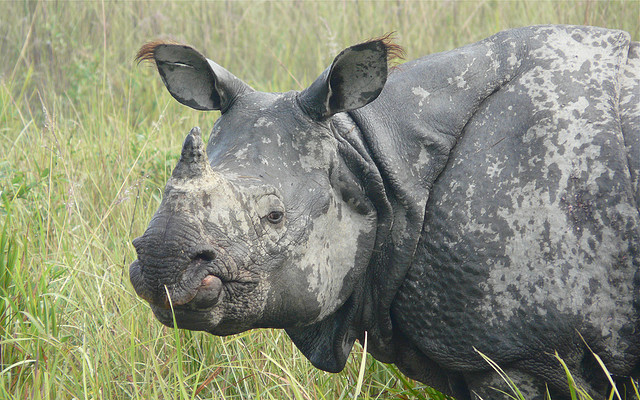On March 9th, I’m off to India for two weeks. The first part of my trip will be spent in New Delhi, where I’ll be giving papers at JNU (Jawaharlal Nehru University) and at the Nehru Museum. Most important, I’ll be working to promote a faculty exchange between JNU and COW that will allow faculty to collaborate in teaching courses, with scholars travelling annually in both directions.
During the second week, I’ll be in Meghalaya province, a mountainous region of Northeast India, not far from Bangladesh (to the South and West), Myanmar/Burma (to the East), Bhutan and the Himalayas (to the North). Meghalaya comes from a Sanskrit expression meaning “Home in the Clouds.” I’ll be working to set up a “Wooster In” program, which we’ve proposed for early summer 2012. The program will be along the lines of the amazing program that Professor Hettinger has established in Siena, Italy. My partner in this venture is Rakhal Purkayastha of Saint Anthony’s College in the city of Shillong, the capital of Meghalaya province. Some of you may know Professor Purkayastha, who was a visiting Fulbright scholar at COW last spring.
Map of Meghalaya Province and Northeast India
The program we hope to run is designed to have two full-credit courses. One proposed course is an Environmental Studies Course that focuses on the impact of modern life on the fragile ecosystems of the Himalayas and adjacent regions as well as the traditional relationship to the land of the region’s many indigenous peoples. Meghalaya is a state that is run by its tribal peoples. The other proposed course would count either for History or Political Science credit and focus on India’s Democratic Institutions. Both courses will emphasize fieldwork, with visits to the Himalayas, the sacred groves of local tribal peoples, tea plantations, wildlife preserves as well as the legislature, government ministries, police stations, military bases, and courts. During my trip, I’ll visit some of these sites. Highlights will include time in the Kaziranga National Park in Assam, where I hope to see endangered Asian elephants and one-horned Indian Rhinos (from a distance) as well as tribal villages just outside of Shillong.
Many faculty members believe that US-Indian relations will play a key role in our students’ economic and political futures. The goal of this summer program will be to give Wooster students a first hand perspective on this key trend and a deep introduction to Indian culture and society as well as providing an understanding of modern democracy that is broader and more complex than one founded exclusively on the American experience. While it is not the fundamental objective of the program, we also believe that a knowledge of India, given its growing role in our economy and in world affairs, will help students with graduate school applications and add to their post-graduate employment opportunities in business and government.

